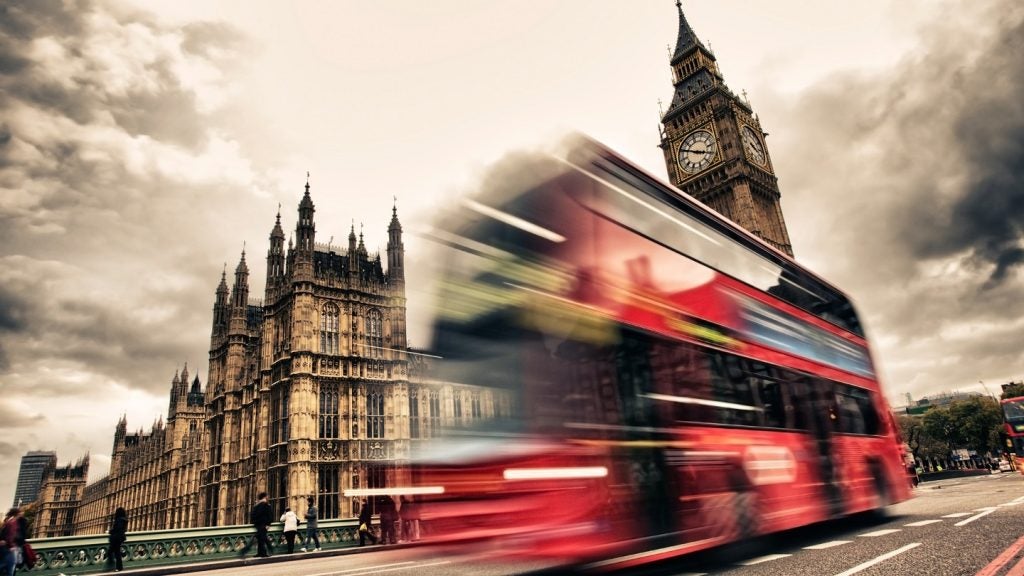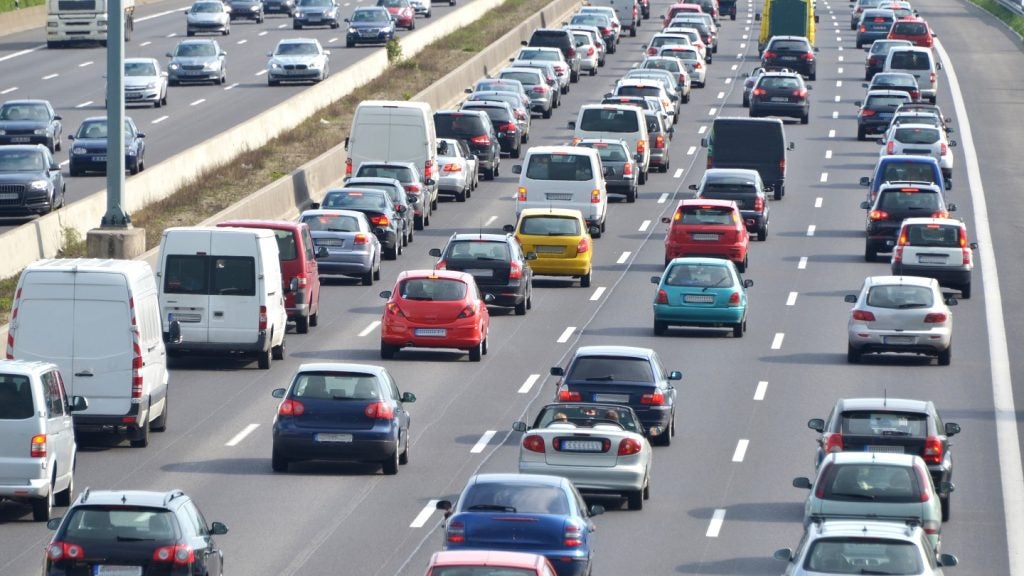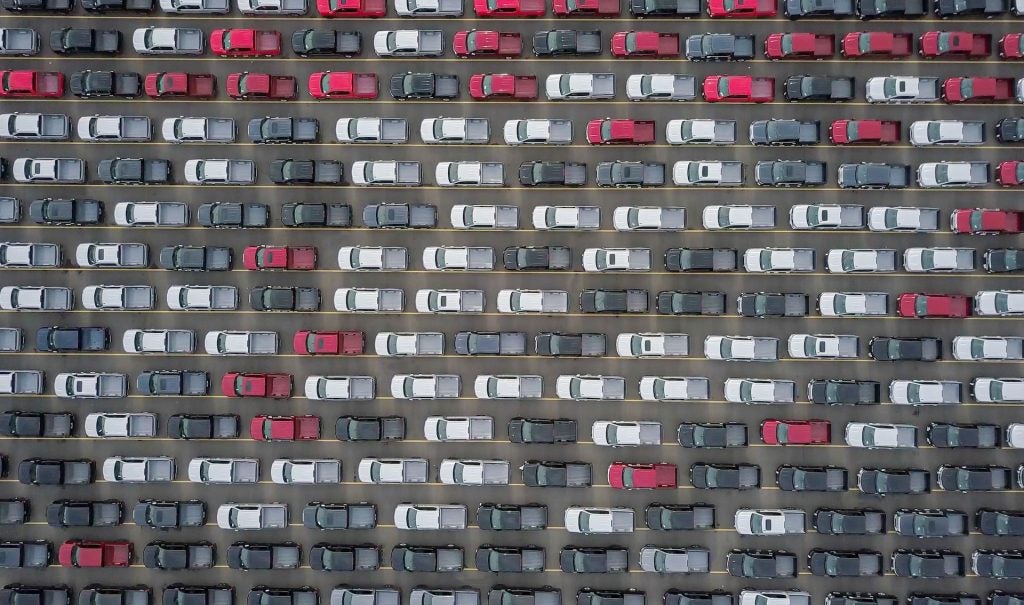
UK car production fell to its lowest level since the Second World War in April, dropping 99.7%, according to the latest figures from the Society of Motor Manufacturers and Traders (SMMT).
In April, many manufacturers refocused efforts on producing personal protective equipment (PPE), including face shields, visors and medical gowns for use by healthcare professionals. During the pandemic car makers have now made some 711,495 pieces of PPE, said the SMMT, with others helping make medical equipment, including high-tech ventilators as part of the Ventilator Challenge UK Consortium.
Output for both the domestic and overseas markets was severely curtailed in the month, with 152 cars built for export and 45 for customers in the UK. The exceptional month follows a particularly weak April 2019, when volumes fell 44.5% year-on-year due to temporary shutdowns as manufacturers sought to mitigate the impact of an expected end-March Brexit.
The news comes as the latest independent analysis suggests annual UK car production could fall below 1m units in 2020, which would represent lower volumes than in 2009 and possibly a third lower than expected in January pre-crisis.
Although the UK’s 168,000 automotive manufacturing employees are now starting to return to work, with around half of the country’s car and engine plants set to be operating by the end of May, factories are scaling up production along different timescales and, with strict social distancing measures in place, output initially will be restricted with a predicted loss of up to some 400,000 units by year-end, compared with the January outlook, and a cost to industry of up to £12.5 billion at factory gate prices.
Mike Hawes, chief executive of the SMMT, said: “With the UK’s car plants mothballed in April, these figures aren’t surprising but they do highlight the tremendous challenge the industry faces, with revenues effectively slashed to zero last month. Manufacturers are starting to emerge from prolonged shutdown into a very uncertain world and ramping up production will be a gradual process, so we need the government to work with us to accelerate this fundamentally strong sector’s recovery, stimulate investment and safeguard jobs.
How well do you really know your competitors?
Access the most comprehensive Company Profiles on the market, powered by GlobalData. Save hours of research. Gain competitive edge.

Thank you!
Your download email will arrive shortly
Not ready to buy yet? Download a free sample
We are confident about the unique quality of our Company Profiles. However, we want you to make the most beneficial decision for your business, so we offer a free sample that you can download by submitting the below form
By GlobalData“Support to get all businesses through this short-term turmoil will ensure the UK’s many globally-renowned brands can continue to make the products that remain so desirable to consumers the world over and, in turn, help deliver long-term prosperity for Britain.”
Seán Kemple, director of sales at Close Brothers Motor Finance, commented: “April’s manufacturing slump reflects the economic shutdown triggered by Covid-19. These record lows are no surprise when the sector was put on ice for April, with both production and sales grinding to a halt. The good news is that April’s figures should be the worst; the ice is thawing, and staff at some UK manufacturers returned to work in May. With safety at the forefront of everyone’s mind, production will be slow to restart – but restart it will.
“The car industry needs to be a focus as we move out of lockdown. More than half of dealers (53%) have called on the Government to offer more support to car manufacturers, and there’s certainly an opportunity to ‘build back better’. We may well see accelerated demand for alternative fuel vehicles, as well as for private cars in general if public transport becomes less appealing following the pandemic; in the short term, a scrappage scheme could jump-start the sector and replace older, more polluting models. And with the new 10% tax on EU-imported cars likely coming into play in 2021, UK plants will need to be equipped to meet even higher demand as we look to the long term.”







